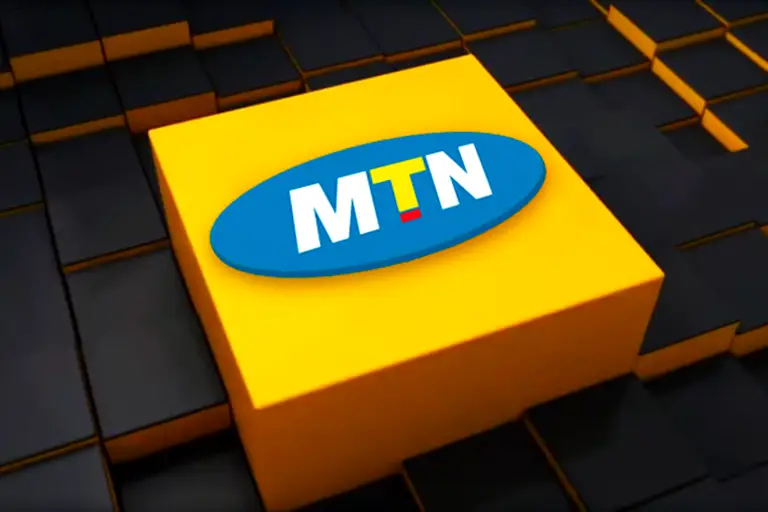
By DAYO ADESULU
MTN CEO Karl Toriola warns of potential shutdown and unsustainable operations due to escalating costs and debt crisis.
MTN Nigeria, the country’s largest telecom operator with 78 million subscribers, has raised an urgent call for the telecommunications sector to return to profitability to sustain operations. Speaking during a facility tour with Fellows of the Media Innovation Programme in Ibeju-Lekki, Lagos, MTN’s Chief Executive Officer, Karl Toriola, emphasized the industry’s pressing need for tariff reform and warned of dire consequences if immediate action is not taken.
Telecom Sector Under Pressure: Escalating Costs and Declining Profits
Toriola highlighted that the sector has been grappling with significant financial losses, a trend exacerbated by rising operational costs, particularly the escalating prices of diesel needed to power base transceiver stations. “We must return the industry to profitability,” Toriola stated, warning that the company is now surviving on reserves accumulated over two decades—an unsustainable strategy for long-term survival.
Earlier this year, telecom operators renewed their plea for a tariff hike, marking the first proposed increase in 11 years, to offset operational costs and maintain service quality. Without these adjustments, Toriola cautioned, financial viability would continue to decline, further impacting the standard of services.
Tariff Hikes Essential for Industry Survival
The telecom giant, which has made significant corporate social investments totaling N2.6 billion according to its 2023 Sustainability Report, now faces mounting challenges. In the first half of 2024 alone, MTN reported a staggering N519.1 billion loss, largely driven by foreign exchange losses from the naira devaluation and soaring inflation.
“There should be no delusion; if the tariff doesn’t go up, we will shut down,” Toriola warned, making it clear that tariff adjustments are essential for the industry to cope with Nigeria’s economic realities.
Debt Crisis with Nigerian Banks: USSD Services at Risk
MTN also faces a debt crisis with Nigerian banks, with over N250 billion owed for Unstructured Supplementary Service Data (USSD) banking services. Toriola indicated that the company might suspend USSD services unless this debt is resolved and tariffs are adjusted, potentially disrupting banking services across the country.
Hope for Regulatory Intervention
Despite the ongoing financial strain, Toriola remains optimistic that interventions from the Central Bank of Nigeria’s new Governor, Yemi Cardoso, and Nigerian Communications Commission’s Executive Vice Chairman, Dr. Aminu Maida, could help resolve the crisis. He reiterated the critical role the telecom industry plays in supporting Nigeria’s economy, urging swift action from regulators and the government to prevent further deterioration of the sector.
As the industry navigates these complex challenges, telecom operators like MTN and Airtel have adopted a cautious approach to capital expenditure for 2024. The future of the telecom sector hangs in the balance, with profitability and economic sustainability dependent on the reforms needed to adapt to Nigeria’s evolving economic landscape.